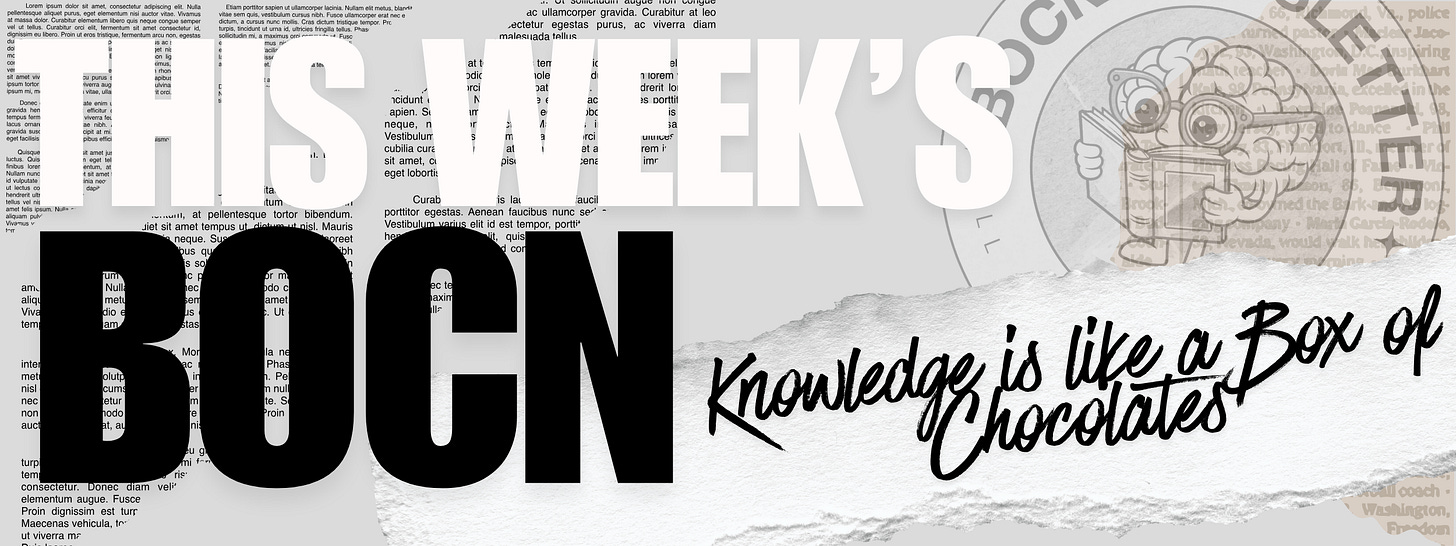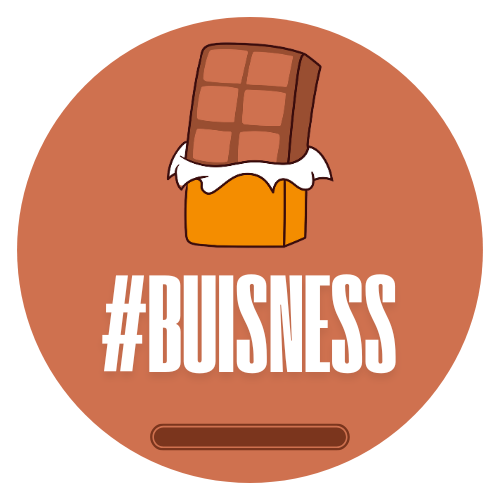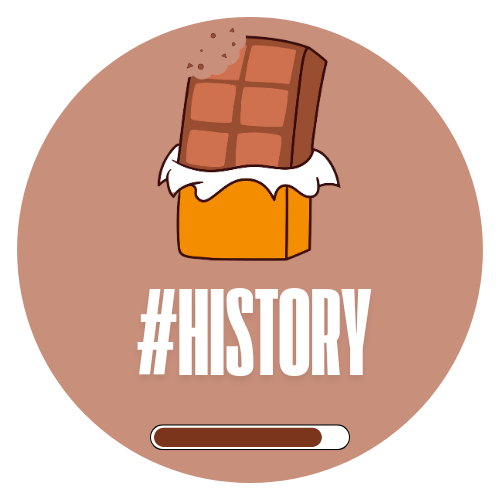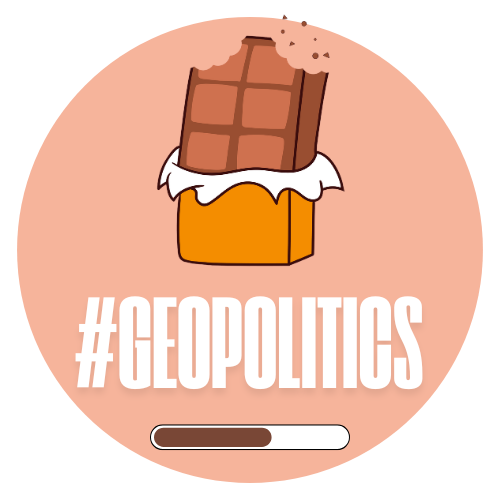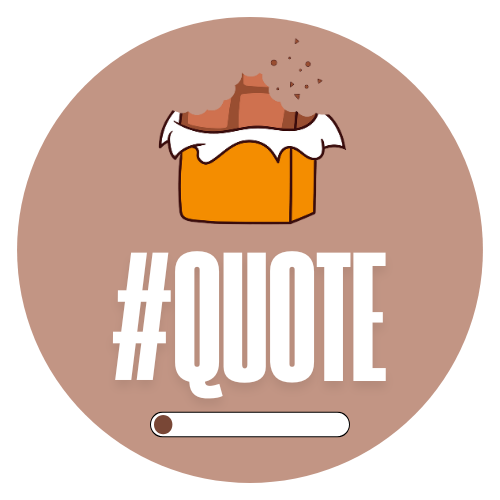Feminising Tobacco.
Big Tobacco, Hawaii, Terra Nullius, and Longevity
BOC#011
4 MINUTE MUNCH
CIGARETTE FILTERS WERE INTRODUCED…
…by big tobacco in the 1950’s to make their products more appealing to women. The innovation allowed manufacturers to market filtered cigarettes as ‘safer’ while charging a premium for filtered cigarettes, even though the filter itself was cheaper than the tobacco it had displaced.
Filters didn’t actually filter tar and nicotine any better than the tobacco had, and lead manufacturers to increase tobacco strength to compensate for a loss of taste. During the 1930s and 40s it was common practice for cigarette manufacturers to use doctors to endorse their brands. In a 1937 Philip Morris campaign, the company claimed that their cigarettes reduced throat irritation due to the absence of a ‘scientifically proven’ irritant that was commonly used in other brands. Such adverts appeared in publications from Time Magazine, to Ladies’ Home Journal. The RJ Reynolds Camel cigarette brand even claimed that ‘more doctors smoke Camel than any other brand’.
The ‘feminization of cigarettes’ was actively promoted with Philip Morris tapping into the women’s movement with phrases like ‘you’ve come a long way baby,’ while RJ Reynolds launched Camel No.9 with packaging and aesthetics designed to target a female audience. Where there’s money to be made, no stone is left unturned!
HAWAII WAS NEVER A BRITISH COLONY SO WHY…
…does the union jack feature on the Hawaiian flag? The origins of the British flag dates back to Captain James Cook’s contemporary, George Vancouver, who gifted the Hawaiian king Kamehameha a red naval ensign featuring the British flag while on expedition in 1793. With strong diplomatic relations between Britain and Hawaii, the Royal Navy eventually became an unofficial protectorate of the islands, helping to safeguard the archipelago from the ambitions of arriving fleets.
With relations between Honolulu and London cordial, King Kamehameha I approved a flag design featuring the British flag in 1816. His successors saw no reason to abolish the flag, and so it remained. In 1842, British Navy Commander Lord George Paulet was sat aboard HMS Carysfort in Honolulu harbour. In the absence of any immediate communication with the British Crown back home, Paulet decided to take unilateral control of the island while the British Crown was in fact preparing to acknowledge Hawaiian sovereignty. Paulet began issuing a series of demands to the Hawaiian King, Kamehameha I, followed by the threat of attack the following day.
An hour before bombardment would commence, Paulet hoisted the British flag on all of Hawaii’s islands. After 5 months had passed, Rear Admiral Richard Thomas turned up to correct Paulet, apologizing to Kamehameha, while acknowledging Hawaiian sovereignty the following year. The king accepted the apology and the flag design remained. The events became known as the Paulet Affair.
THERE IS AN AREA OF UNINHABITED, UNCLAIMED LAND…
…between Egypt and Sudan known as Bir Taweel (Tall Well). Belonging to no state, and governed by no laws. The 795 square mile land mass remains the only unclaimed territory in the world (Terra Nullius). In 2014, a farmer by the name of Jeremiah Heaton from Virginia travelled to the region claiming it for his six year old daughter so that she might become an actual princess!
BOOK PASSAGE #1: THE KITE RUNNER BY KHALED HOSSEINI
“When you kill a man, you steal a life,” Baba said. “You steal his wife’s right to a husband, rob his children of a father. When you tell a lie, you steal someone’s right to the truth. When you cheat, you steal the right to fairness. Do you see?”
BOOK PASSAGE #2: ONE FLEW OVER THE CUCKOO’S NEST BY KEN KESEY
“Papa says if you don’t watch it people will force you one way or the other, into doing what they think you should do, or into just being mule-stubborn and doing the opposite out of spite.”
“GOING FROM ZERO…
…weekly exercise to just ninety minutes per week can reduce your risk of dying from all causes by 14 percent. It’s very hard to find a drug that can do that.” - Peter Attia, Outlive.
“THE PAST…
…is a place of reference, not a place of residence; the past is a place of learning, not a place of living.” - Roy T. Bennett, The Light in the Heart
Missed last week? Read Here.
If you made it this far, you probably enjoyed it, so why not help others benefit from this content by sharing it with your friends and family?
Refer 4 FRIENDS and claim a £5 Amazon voucher. 4 more friends for a second £5 Amazon voucher, and refer 10 friends for a £15 voucher!

